Summaries of books about Political Ideologies:
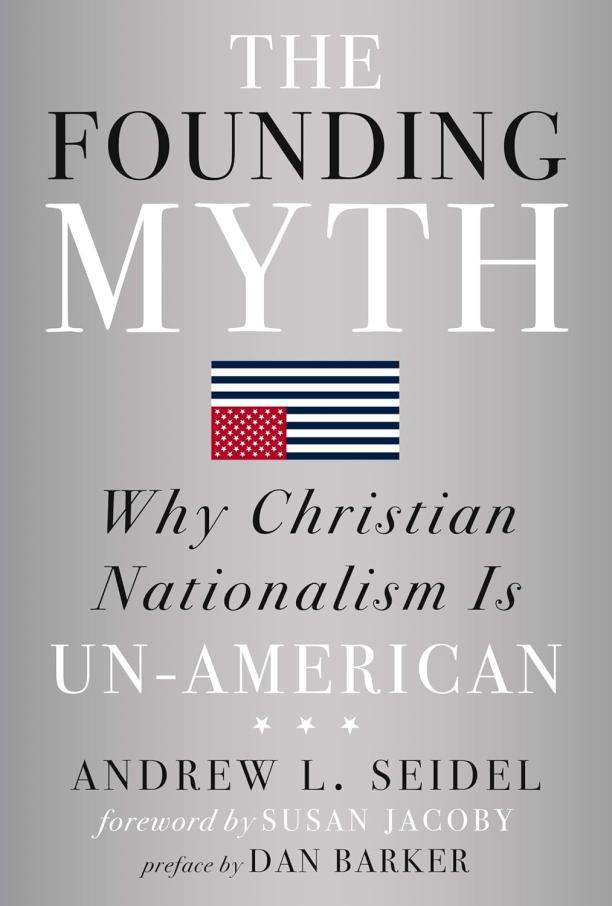
The Founding Myth
Why Christian Nationalism Is Un-American
Andrew L Seidel
The book argues against the notion that the United States was founded as a Christian nation, presenting historical evidence and legal analysis to demonstrate that American democracy is built on secular principles. It challenges the ideology of Christian nationalism by examining the Constitution, the intentions of the Founding Fathers, and the concept of religious freedom, ultimately asserting that Christian nationalism is at odds with true American values.
See full summary
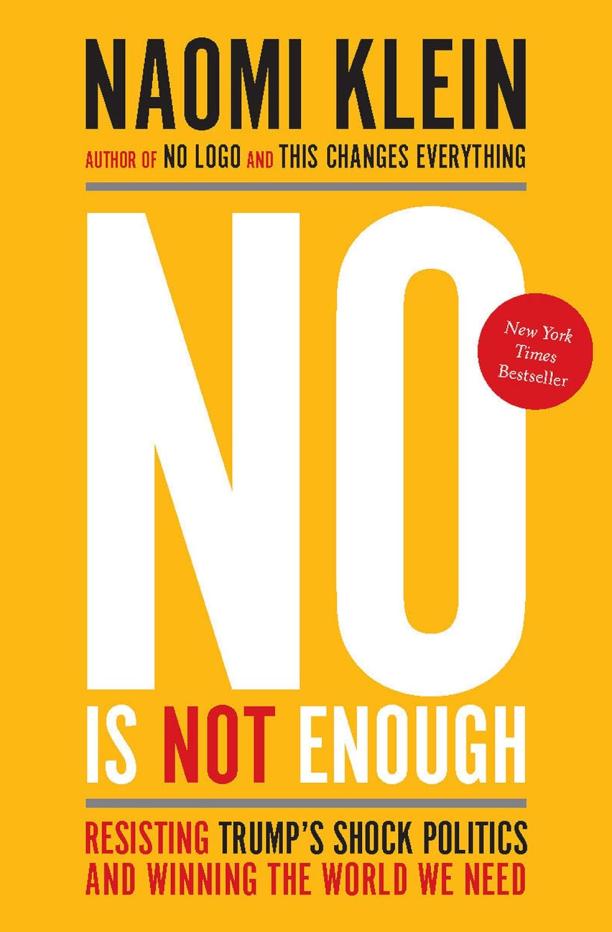
No Is Not Enough
Resisting Trump's Shock Politics and Winning the World We Need
Naomi Klein
The book critiques the political and corporate tactics employed by Donald Trump, linking them to broader issues of systemic inequality and climate change. It also offers a blueprint for collective resistance and a call to action for building a more equitable and sustainable society.
See full summary

The Joy of Hate
How to Triumph over Whiners in the Age of Phony Outrage
Greg Gutfeld
The book critiques the contemporary culture of manufactured outrage and the tendency of some individuals to feign offense for personal or political gain. It argues for the importance of genuine debate and the celebration of honest differences in opinion over the suppression of speech through false indignation.
See full summary
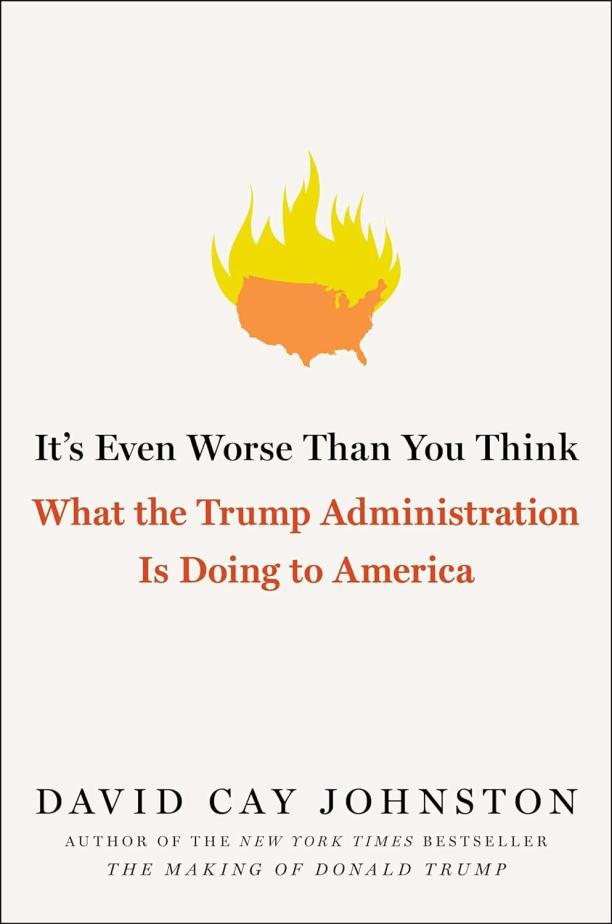
It's Even Worse Than You Think
What the Trump Administration Is Doing to America
David Cay Johnston
The book provides a critical examination of the policies and actions of the Trump administration, highlighting the impacts on government institutions and American society. It delves into the consequences of regulatory rollbacks, tax reforms, and conflicts of interest that the author argues undermine democracy and favor the wealthy.
See full summary
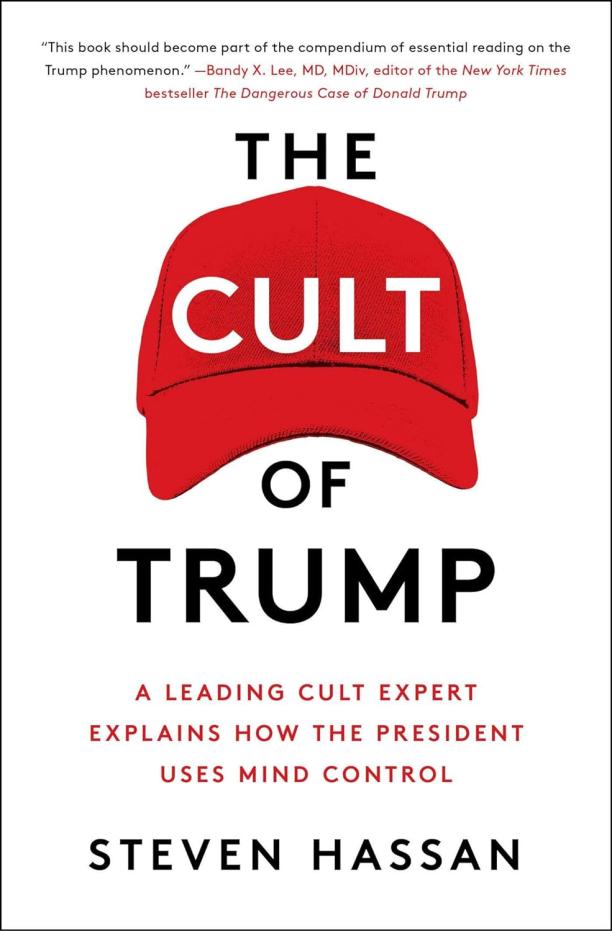
The Cult of Trump
A Leading Cult Expert Explains How the President Uses Mind Control
Steven Hassan
The book examines the psychological techniques and communication strategies employed by Donald Trump to foster a fervent fan base and loyalty akin to that found in cults. It delves into the influence of such tactics on individuals and the broader implications for American democracy.
See full summary
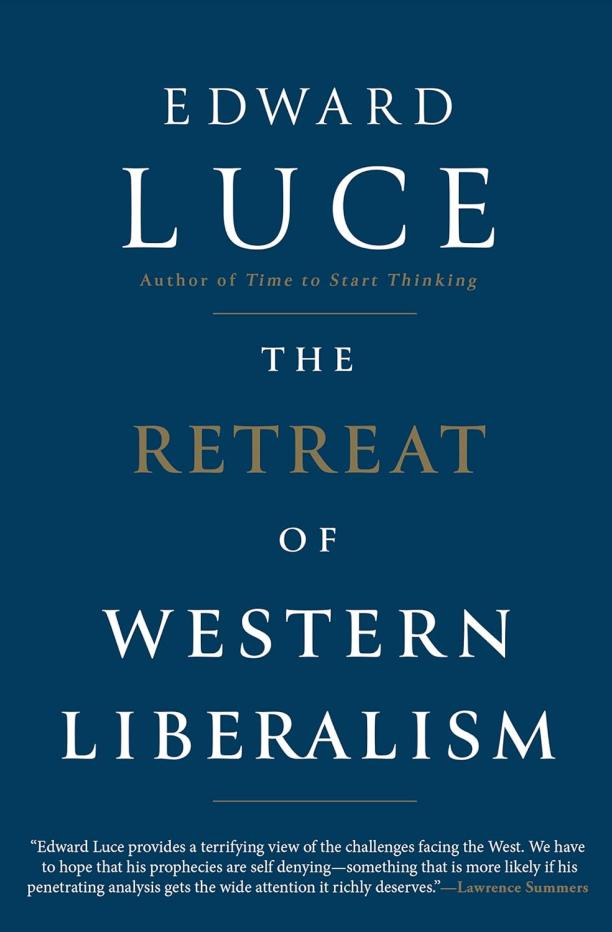
The Retreat of Western Liberalism
Edward Luce
The book analyzes the decline of Western liberal democracy in the face of rising populism, economic inequality, and the erosion of middle-class stability. It discusses the challenges posed by authoritarian powers, technological change, and the failure of elites to address the needs of the populace, suggesting that without significant reform, liberal democracy may continue to retreat globally.
See full summary
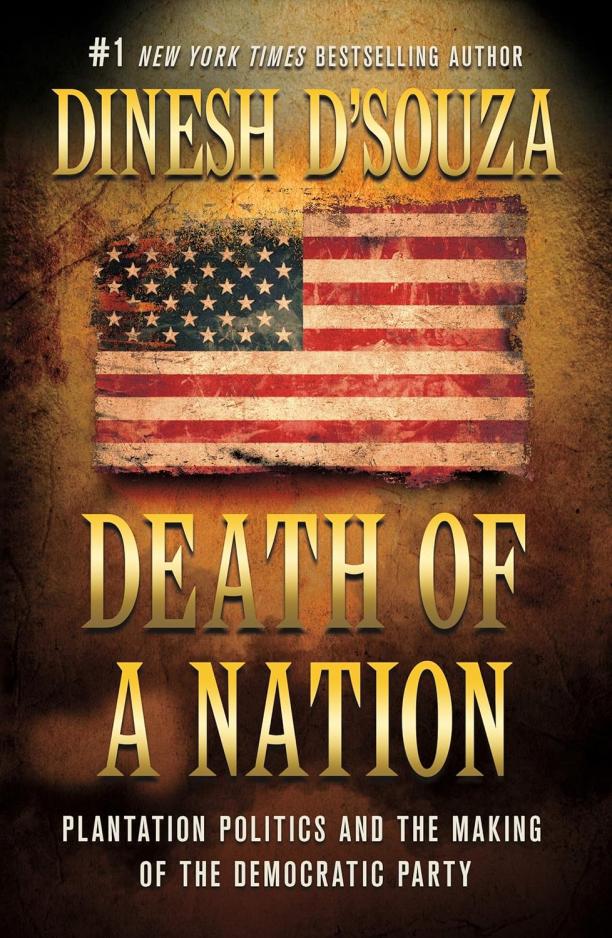
Death of a Nation
Plantation Politics and the Making of the Democratic Party
Dinesh D'Souza
The book presents a controversial conservative perspective on the history of the Democratic Party in the United States, arguing that the party has a legacy of racism and oppression dating back to its support for slavery and that it continues to use divisive tactics in modern politics. It attempts to draw parallels between historical events and current political issues, suggesting that the party has not fundamentally changed its strategies.
See full summary
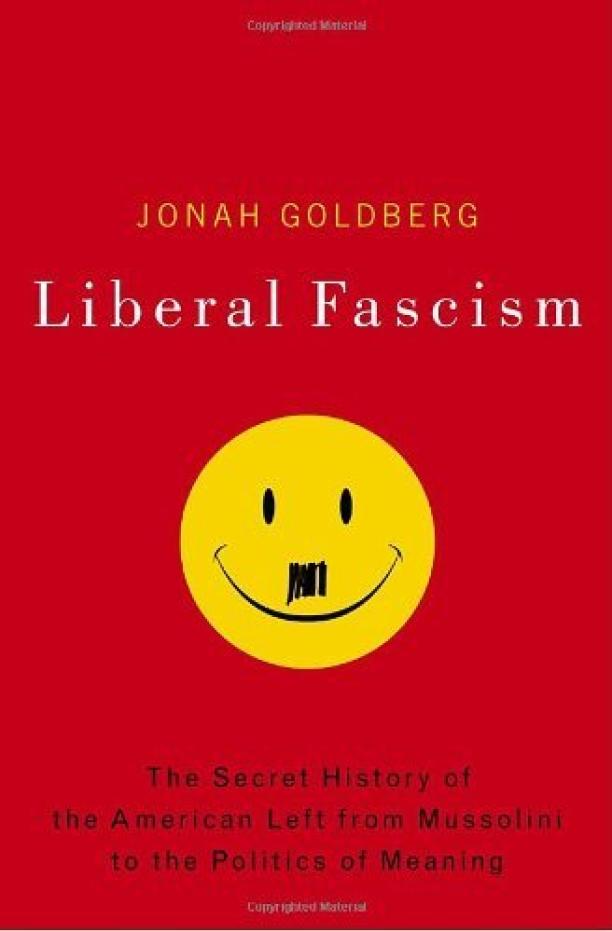
Liberal Fascism
The Secret History of the American Left, From Mussolini to the Politics of Meaning
Jonah Goldberg
The book argues that modern liberal and progressive ideologies have roots in fascist movements, suggesting that contemporary leftist policies are derived from or similar to those of historical fascist regimes. It presents a controversial reinterpretation of political history, aiming to challenge the conventional association of fascism solely with the political right.
See full summary
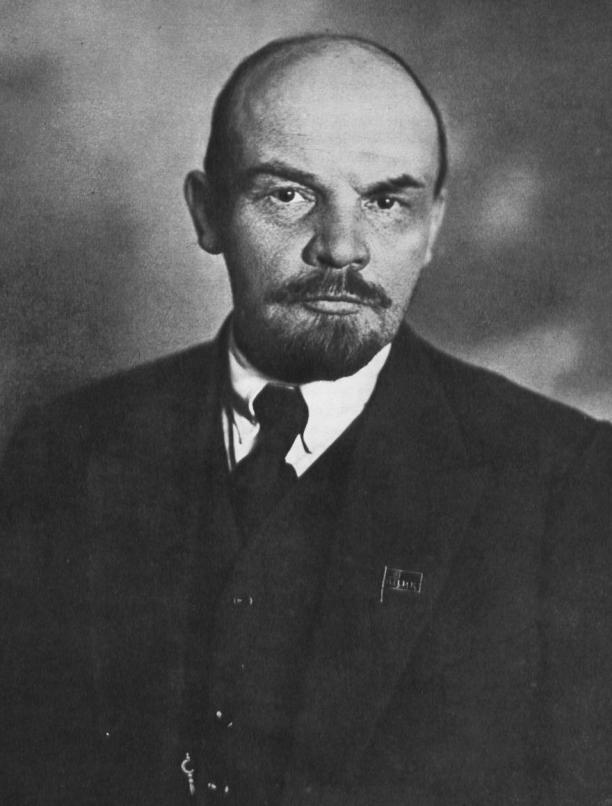
Imperialism, the Highest Stage of Capitalism
Vladimir Ilyich Lenin
The book presents a Marxist analysis of the economic and political nature of imperialism, arguing that it represents the monopoly stage of capitalism, where large corporations and financial institutions dominate the global economy. Lenin discusses the impact of capitalist monopolies on world politics, the role of financial capital, and the inevitability of capitalist wars driven by the pursuit of new markets and resources.
See full summary

The Origins Of Totalitarianism
Hannah Arendt
The book analyzes the historical development of totalitarianism, focusing on the rise of anti-Semitism, imperialism, and the totalitarian movements of the 20th century, particularly Nazism and Stalinism. It explores the social and political conditions that fostered these ideologies and the mechanisms by which they seized and maintained power.
See full summary